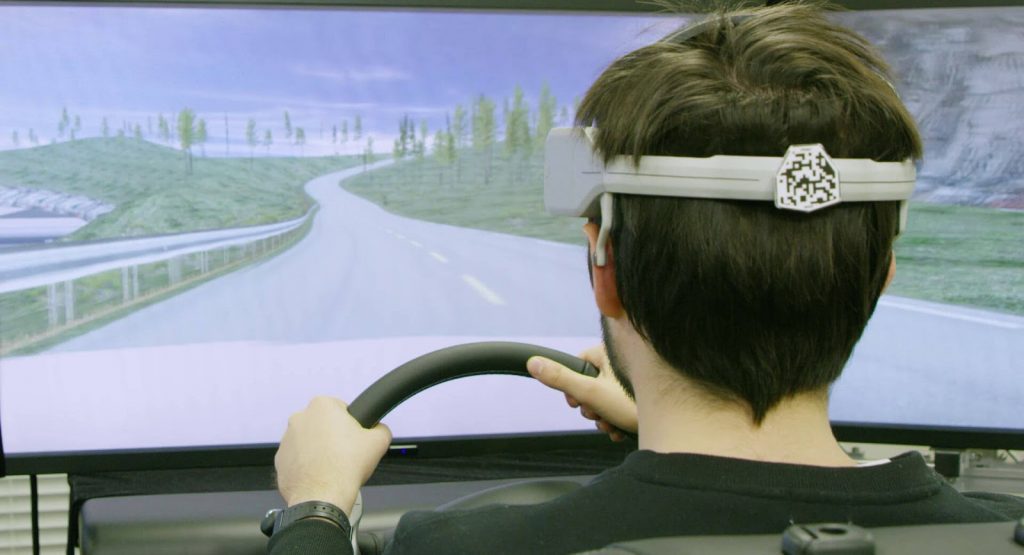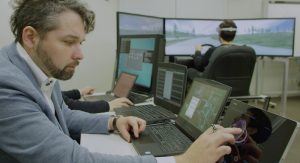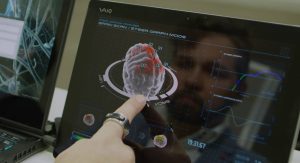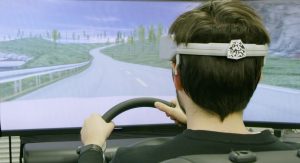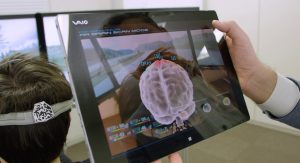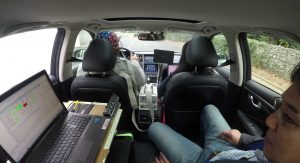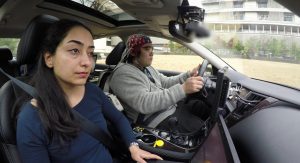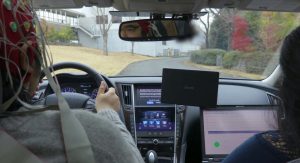Nissan is looking to redefine the way people interact with their cars by enabling vehicles to interpret signals coming directly from the driver’s brain.
This new technology is called Brain-to-Vehicle, or B2V for short, and it promises to speed up reaction times for drivers, as well as to make cars more adaptable.
Nissan will showcase this new and exclusive technology at the 2018 Consumer Electronics Show in Las Vegas, which kicks off this Sunday, January 7th.
“When most people think about autonomous driving, they have a very impersonal vision of the future, where humans relinquish control to the machines. Yet B2V technology does the opposite, by using signals from their own brain to make the drive even more exciting and enjoyable,” said Nissan executive VP, Daniele Schillaci.
“Through Nissan Intelligent Mobility, we are moving people to a better world by delivering more autonomy, more electrification and more connectivity.”
This new technology is based on Predicting and Detecting. The way it can predict is by catching signs that the driver’s brain is about to initiate a movement – which in turn can help the driver assist technologies take action more quickly. As for its detection prowess, the system can evaluate driver discomfort and change the driving configuration or style when in autonomous mode.
According to Dr. Lucian Gheorghe, a senior researcher at the Nissan Research Center in Japan, B2V tech could also use augmented reality to adjust what the driver sees, thus creating a more relaxing environment.
“The potential applications of the technology are incredible,” said Gheorghe. “This research will be a catalyst for more Nissan innovations inside our vehicles in the years to come.”
During tests, drivers will wear a device that measures brain wave activity, which is then analyzed by autonomous systems. In turn, the systems can then take action (turning the steering wheel or slowing the car) 0.2 to 0.5 seconds quicker than the driver, all while remaining largely imperceptible.



